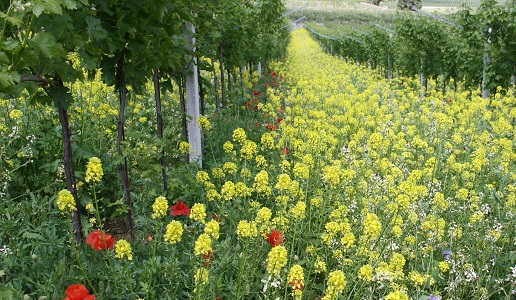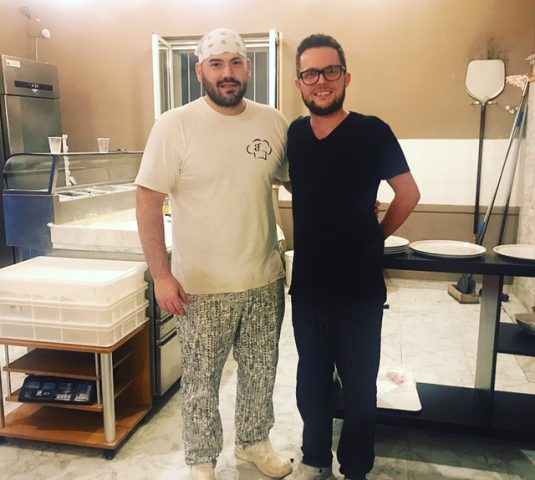Climate change and wine

The wine world is not pivotal in the battle against climate change but it can serve as an example in regard to sustainable production and protecting biodiversity.
One thing is for sure: wine will not save the world from climate change, which is caused by the use of fossil fuels, CO2 emission and the greenhouse effect they cause. This along with the consequences of intensive livestock raising, deforestation and heavily industrialized agriculture. Wine production, on the other hand, plays a relatively small role in all this, nothing along the lines of the cultivation of soya, wheat, rice and corn. However, the wine world is a kind of “trend-setter”, it has great visibility and can serve as an example and pathfinder, while well aware that alone it cannot reverse the trend.
What it can do is share its progress in regard to sustainable production, organic winegrowing, research in the fields of compatible winegrowing and protecting biodiversity. This along with the experience and passion of many producers who have joined forces to tackle common problems, including those related to climate change that are largely due to other productive sectors but also affect them.
The wine sector has recently seen a slew of conferences and debates on the subject, including those that opened the Sicilia DOC event, during which the Fondazione SOStain Sicilia initiative was presented, and the Costigliole d'Asti at Mura Mura winery on November 5. These are only two of the latest, evidence of the sensibility the wine world is showing on this subject.
This is clearly a good thing also because it can and perhaps should play a role in a sector that, as I said before, is not key in regard to productive impact but can serve as an example and reference point. In other words, it can assert a kind of “ethical pressure”, something that to me seems increasingly evident. There will always be different points of view and approaches on how to tackle the problems, but what is most important is to address these problems and to do something about them. There is no single, overall fix, but the fact that organic winegrowing is decidedly on the rise, as is the reduction of invasive intervention in the field, is something concrete and not just blah-blah.

 Italiano
Italiano








